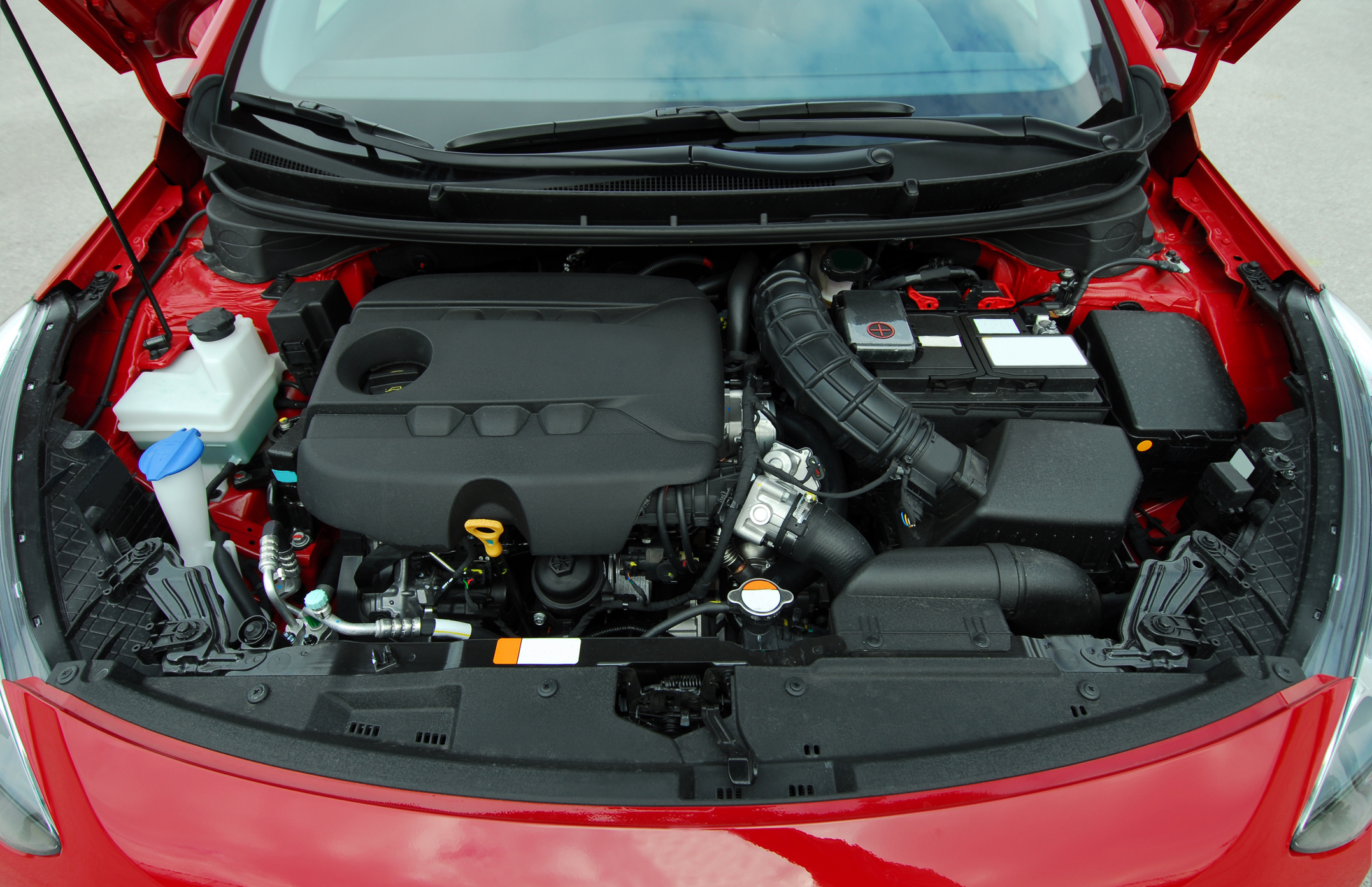Squeaks, Squeals May Signal Time for Service

You're driving in cold weather and suddenly notice a loud, high pitch noise or whine from front of the vehicle. What to do?
"Squeals almost always are caused by engine belts. It could be the result of old belts that need to be replaced or a problem with the belt adjustment."
So says Tony Molla, vice president of Automotive Service Association, a Texas-based trade group . He's spent years under the hood of vehicles and training others how to identify odd sounds coming from cars or trucks.
"Engine belts should never squeal but sometimes cold weather can bring it out," Molla said. "Either way you should get it investigated. These sounds may indicate a deteriorating serpentine belt, or on older models with multiple drive belts, it may point to loose belts on the air conditioning compressor or power steering pump."
Cold weather can accentuate other potential problems that need attention. Ice accumulation in the wheel well can cause unusual noises, especially if your vehicle has been left outside overnight. Ice also can scrape against wheels, tires and brake discs.
Take a look underneath your vehicle, Molla said. Sometimes you might simply be able to knock off ice accumulation.
If you hear a regular chirping noise when driving, braking or turning, chances are your vehicle may need new brakes. Brake pads are designed to alert drivers when they have worn thin by using a small metal piece that pings or "chirps" when it makes contact against the brake disc.
"You can save a lot of diagnostics time by telling your mechanic what you hear and when or where the noise occurs," Molla said.
You can perform some self-diagnostics to isolate causes. Do you hear the noise when you turn a corner. Do you hear squeaks when you apply the brakes? What sounds do you hear after starting up your vehicle?
Here is ASE's list of some common cold weather noises and their probable cause:
- Bad or loose belts often squeal. This noise usually comes from underneath your car's hood and often is caused by normal wear or a bad tensioner on newer vehicles with a serpentine drive belt.
- Worn out bushings squeak. Your vehicle is full of bushings, the rubber fittings that help keep metal parts quiet. Bad bushings in the suspension and brake systems typically wear out first, and these can cause leaks when they do.
- In rare cases squeaks and rattles might also indicate bad motor mounts or ball joints. They also might be caused by brake pads rubbing against the brake assembly or caliper.
- Worn brake pads can cause chirps an squeaks. The sound is made by a thin metal strand, designed as a warning signal at the bottom of most brake pads.
- Ice accumulation in snowy areas can create a variety of squeaks and squeals. Look underneath your car and knock off ice carefully, especially around the wheel well and brake system.
"You might think a noises indicate something simple but it may actually point to a critical problem," Molla said. "Do some basic inspection and then have your service advisor investigate further—the sooner the better."